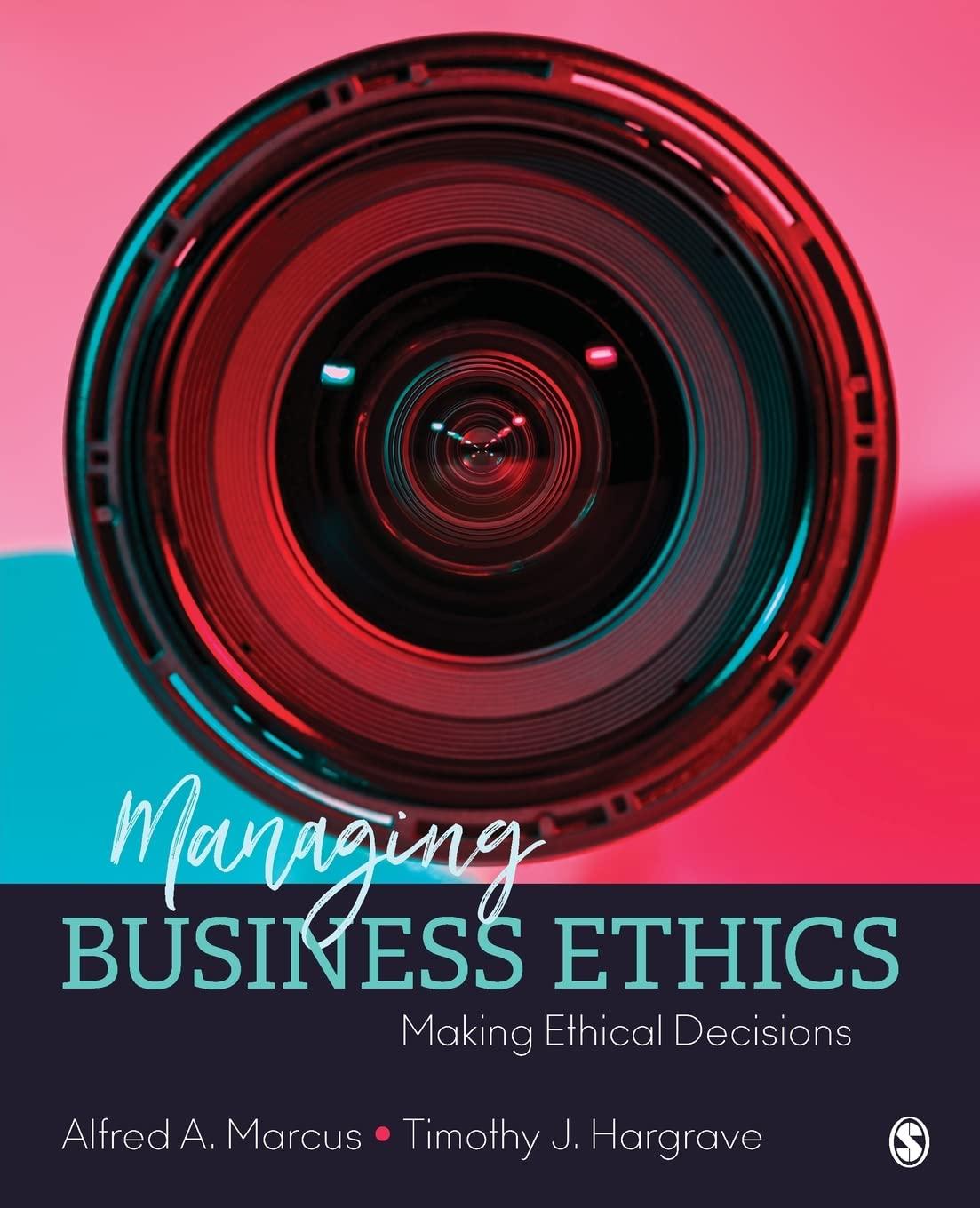Answered step by step
Verified Expert Solution
Question
00
1 Approved Answer
Business Ethics scenario - In October 2014, the Marriott hotel chain admitted to deliberately jamming guests' mobile Wi-fi and personal hotspots and forcing business travelers
Business Ethics scenario -


Step by Step Solution
There are 3 Steps involved in it
Step: 1

Get Instant Access with AI-Powered Solutions
See step-by-step solutions with expert insights and AI powered tools for academic success
Step: 2

Step: 3

Ace Your Homework with AI
Get the answers you need in no time with our AI-driven, step-by-step assistance
Get Started


